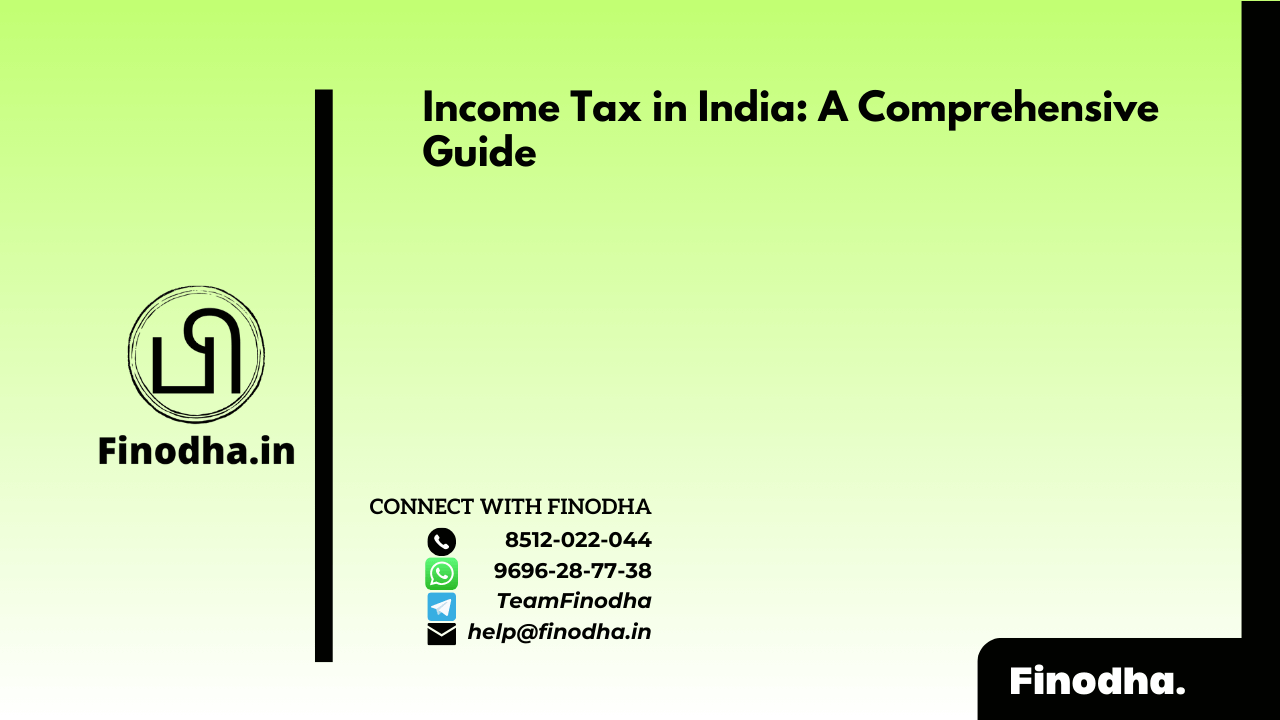Keywords: Dividend ETFs, Wealth Harvesting, Investment Landscape, Passive Management, Expense Ratio, Financial Wellness, Income Stream, Risk Mitigation, Indian Investor, Market Sensitivity, Blue-Chip Stocks.
Table of Contents
Introduction:
In the dynamic realm of investment, Dividend Exchange-Traded Funds (ETFs) stand as a beacon for those seeking not just growth, but a steady stream of income. This article embarks on a journey to unravel the nuances of Dividend ETFs, exploring their advantages, potential pitfalls, and the unique landscape they present to investors.
Harvesting Dividends:
Unveiling the Dividend ETF Landscape: Dividend ETF emerge as a strategic investment vehicle designed to curate a portfolio of stocks primed to yield high dividends. These ETFs extend beyond the realm of common stocks, venturing into preferred stocks and real estate investment trusts (REITs). The beauty lies in their flexibility, encompassing both US domestic stocks and global dividend options.
Advantages of Dividend ETF:
- High Yield Potential: Dividend ETF focus on stocks known for their generous dividend payouts, offering investors a pathway to high yields and a regular income stream.
- Diversification: With a diversified portfolio that may span industries and geographies, Dividend ETFs provide investors with a robust strategy to spread risk and optimize returns.
- Risk Mitigation: By inclining towards blue-chip companies, perceived as less risky, Dividend ETFs strike a balance between income generation and risk mitigation.
Understanding the Dividend ETF Dynamics:
- Passive Management: Typically, Dividend ETFs operate on a passive management model, tracking specific indices. These indices meticulously include firms with a proven track record of consistent dividend distribution.
- Expense Ratio Considerations: Investors should scrutinize the expense ratio of Dividend ETFs, ensuring it aligns with cost-effective investment practices. Comparisons with no-load mutual funds can offer valuable insights.
Potential Pitfalls of Dividend ETF:
While Dividend ETF present a myriad of benefits, investors should tread carefully and acknowledge potential downsides:
- Market Sensitivity: High-dividend stocks may exhibit sensitivity to market fluctuations, impacting the overall performance of Dividend ETFs.
- Income Risk: Economic downturns or adverse market conditions can affect the dividend-paying capacity of companies within the ETF, potentially impacting the regular income stream for investors.
Navigating the Indian Investment Landscape with Dividend ETFs:
Consider a scenario where a cautious Indian investor, keen on stable returns, explores Dividend ETF. In this case, the investor strategically allocates a portion of their portfolio to Dividend ETF, leveraging the potential for high yields and the stability offered by blue-chip stocks. The diversified nature of the ETF cushions against sector-specific risks, aligning with the investor’s risk-averse approach.
Conclusion:
Cultivating Financial Wellness with Dividend ETF: As investors navigate the complex seas of wealth creation, Dividend ETFs emerge as a vessel offering both growth and stability. The potential for high yields, coupled with strategic diversification, positions Dividend ETFs as a valuable tool in wealth harvesting. While acknowledging the nuances and potential risks, investors can harness the power of Dividend ETFs to cultivate financial wellness and chart a course toward a prosperous future.
Read More: Navigating the Trading Seas: Unveiling the Broker’s Deck Dynamics
Official Income Tax Return filing website: https://www.incometax.gov.in/iec/foportal/
Official GST common portal website: https://www.gst.gov.in/




